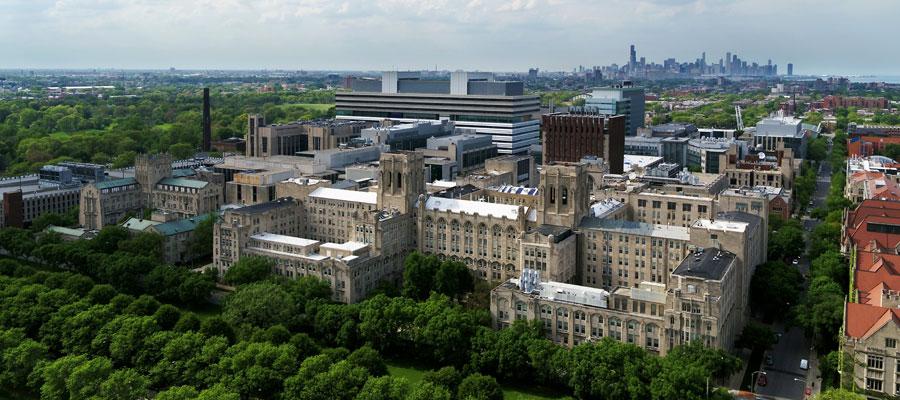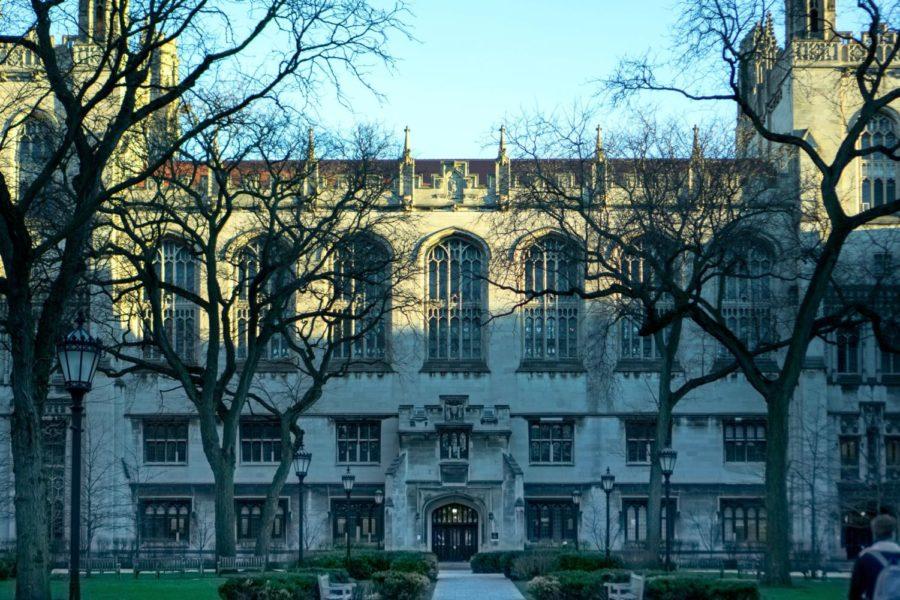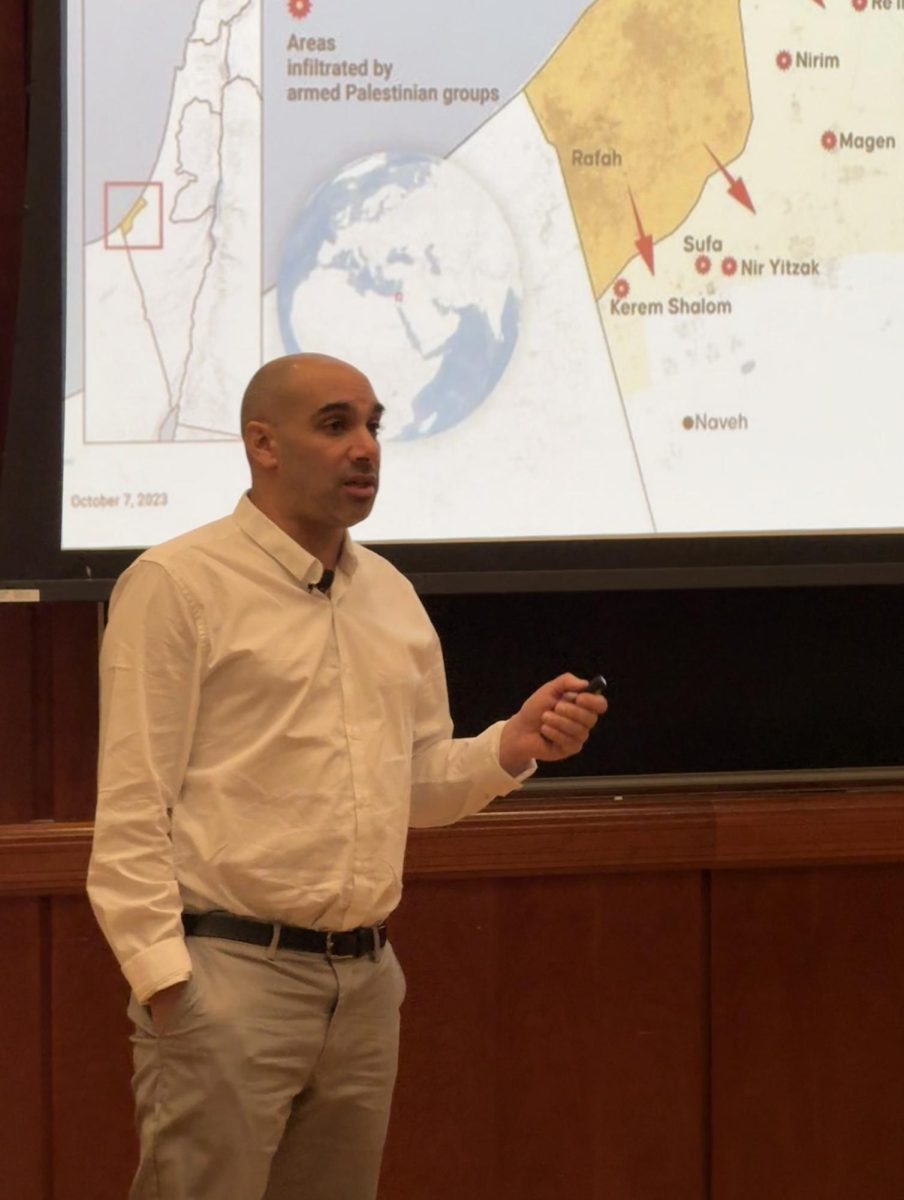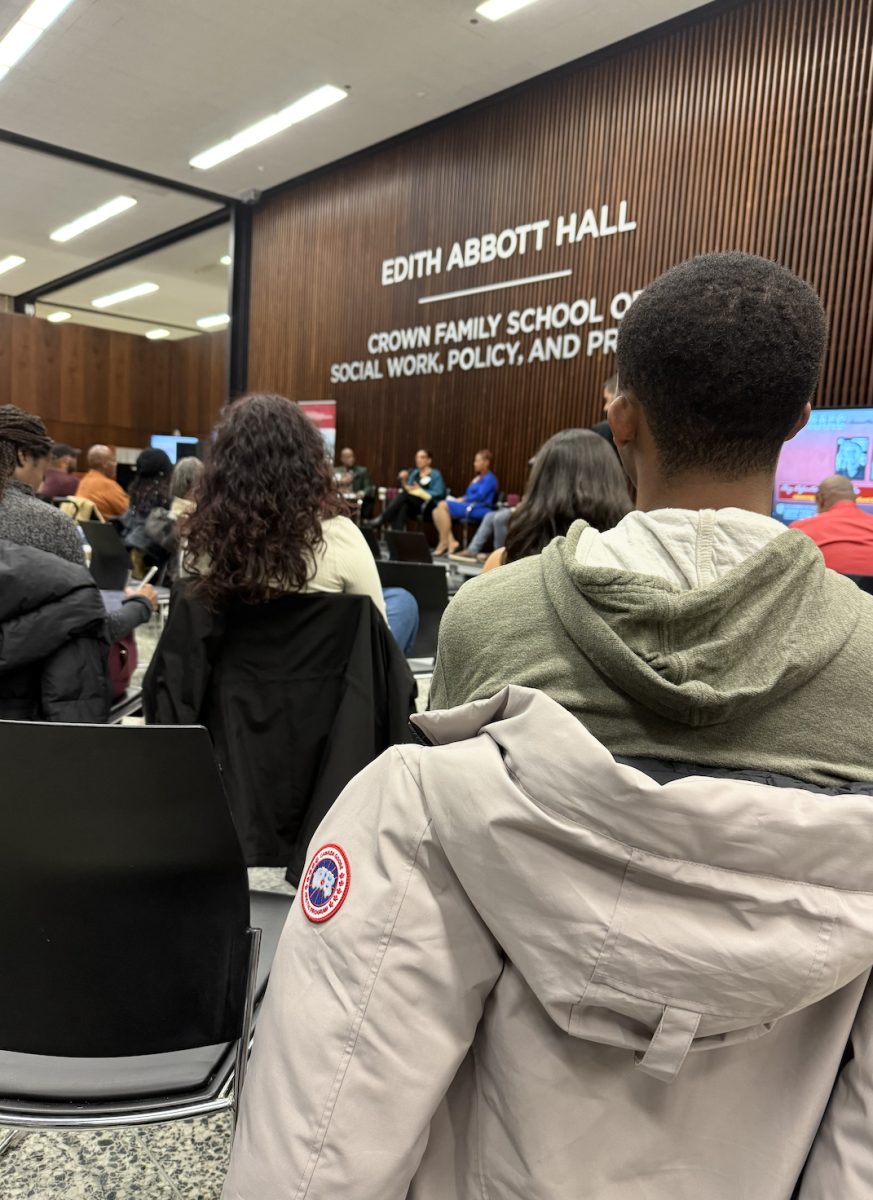The University of Chicago was recognized last week as the most intellectually diverse top university by a group of scholars advocating for viewpoint diversity in the social sciences.
The sampling of schools was drawn from the top 150 universities, as ranked by U.S. News & World Report.
Heterodox Academy describes itself as “a politically diverse group of social scientists, natural scientists, humanists, and other scholars who want to improve our academic disciplines and universities.” The first edition of the Heterodox Academy Guide to Colleges, a list of colleges ranked from least to most intellectually diverse, was published on October 19.
UChicago topped the list with a Heterodox Academy Score (HxA Score) of 93.75, with Dean John “Jay” Ellison’s letter condemning safe spaces and trigger warnings listed as a relevant event. Purdue University followed with a HxA score of 87.5, and 12 universities tied for third. Notably low scores include a 6.25 for both Harvard University and Northwestern University, in addition to zero for both the University of Missouri and the University of Oregon.
To compile the rankings, Heterodox assigned four criterion a value from zero to one, multiplied by 25, and summed the numbers to get a score between 0 and 100, with a higher number signifying a more diverse intellectual climate.
Heterodox considered whether schools have endorsed the University of Chicago’s speech policies, ratings from the Foundation for Individual Rights in Education and the Intercollegiate Studies Institute Rating, and accounted for large-scale events since 2014 on campuses that “indicate a commitment by faculty, administration, and/or students to protect or restrict free inquiry and viewpoint diversity.”
Heterodox Academy enumerated four dangers associated with uniform beliefs on college campuses. First, insufficiently justified ideas remain unchallenged in the absence of intellectual debate. Second, students fail to learn “how to think” when not presented with counter-arguments on issues about which they are passionate. Third, by failing to challenge insufficient dogmas, students will continue working to advance insufficient solutions to little avail. Finally, uniform thinking breeds intolerance toward diversity and dissent, which Heterodox Academy states are fundamental to universities.
Several initiatives are currently being developed and finalized by Heterodox Academy in an effort to address these perceived dangers. In addition to the Heterodox Academy Guide to Colleges, Heterodox Academy proposes a Heterodox University Student Resolution, in which collegiate student governments vote to establish their universities as “Heterodox Academies” where viewpoint diversity is encouraged. A Viewpoint Diversity Reading List and a Fearless Speech Index, which professors can use to gauge the willingness of their students to speak freely in class, were also listed as solutions to combat intellectual conformity.
“We share a concern about a growing problem: the loss or lack of ‘viewpoint diversity.’ When nearly everyone in a field shares the same political orientation, certain ideas become orthodoxy, dissent is discouraged, and errors can go unchallenged,” reads the Heterodox Academy website.








